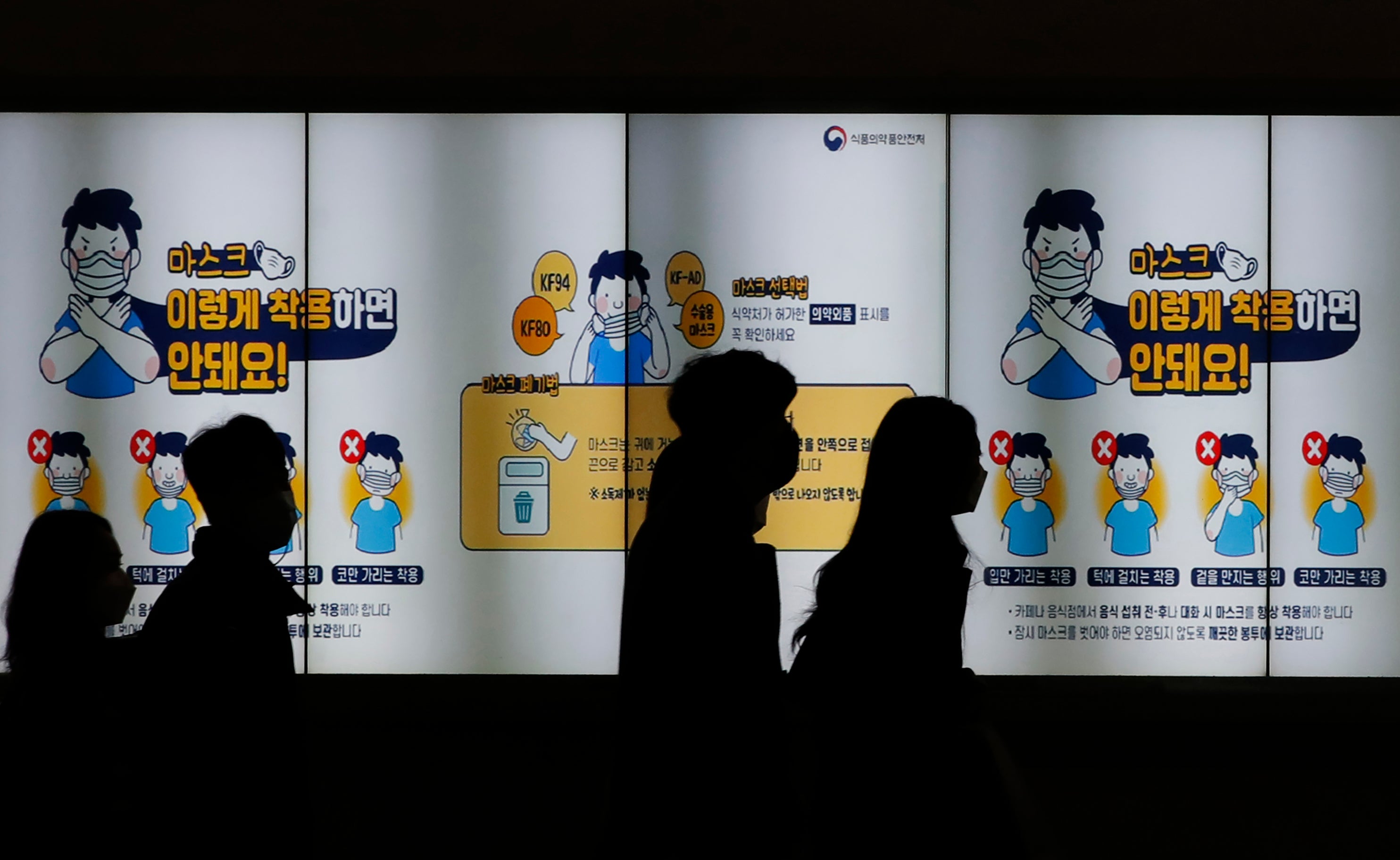Asian stocks rise ahead of US economic data amid virus fears
Asian stocks have risen as investors look ahead to quarterly U.S. economic data and updates on anti-coronavirus curbs on business amid wrangling over the American presidential election

Asian stocks rose Monday as investors looked ahead to quarterly U.S. economic data amid unease about anti-coronavirus curbs on business and wrangling over the American presidential election.
Market benchmarks in Shanghai, Seoul and Sydney rose while Hong Kong retreated. Japanese markets were closed for a holiday.
Investors looked ahead to third-quarter U.S. economic growth data due out Wednesday after Wall Street’s benchmark S&P 500 index ended last week down as rising infection numbers collided with optimism about a possible vaccine. Also Wednesday, the U.S. Federal Reserve is due to report on its latest meeting, though no surprises are expected.
Investors have been rattled by decisions to re-impose anti-virus controls in the United States, Europe and some Asian countries that threaten to hamper retail spending, travel and other business activity.
“In the short term, the negative news may well win out,” said Patrik Schowitz of J.P. Morgan Asset Management in a report. He noted U.S. economic data are “beginning to wobble a bit.”
The Shanghai Composite Index rose 0.6% to 3,397.32 while the Hang Seng in Hong Kong lost 0.2% to 26,388.89.
The Kospi in Seoul jumped 1.9% to 2,602.94 and Sydney’s S&P-ASX 200 added 0.5% to 6,570.90.
New Zealand, Singapore and Jakarta also gained.
Investor enthusiasm surged on announcements by pharmaceutical companies about promising preliminary data from tests of possible vaccines. Those hopes have been tempered by the reality of the weeks or months required to test, produce and distribute a possible vaccine even if it is successful.
Late Thursday, the governor of California, the most populous U.S. state, announced an overnight curfew for most residents.
Also last week, U.S. Treasury Secretary Steven Mnuchin rattled markets by withdrawing emergency loan programs for small businesses. Congress is deadlocked on an aid plan to replace supplemental unemployment benefits that supported consumer spending and expired months ago.
The S&P 500 lost 0.7% on Friday to 3,557.54. The Dow Jones Industrial Average fell 0.7% to 29,263.48. The Nasdaq composite dropped 0.4% to 11,854.97.
Investors have been encouraged by court decisions rejecting some of President Donald Trump’s challenges to results of the Nov. 3 election. Trump has fueled market jitters by refusing to concede or to brief Joe Biden's team on national security and anti-virus work.
“The election was not stolen. But a smoother and stronger recovery may be,” said Mizuho Bank in a report. It said blocking Biden’s transition team from briefings “means that precious time is stolen from tackling a resurgent health crisis that will extract an economic toll.”
Mnuchin’s decision to withdraw emergency loan money, over the Fed’s opposition, undercut the central bank's ability to support a recovery, said Mizuho Bank.
“The Fed’s policy has been unnecessarily and prematurely denied the Treasury’s backing," the bank said.
Also Monday, Singapore revised up its third-quarter economic growth to a contraction of 5.8% over a year earlier, an improvement from the previous estimate of a 7% drop.
In energy markets, benchmark U.S. crude rose 5 cents to $42.47 per barrel in electronic trading on the New York Mercantile Exchange. Brent crude, used to price international oils, added 16 cents to $45.12 per barrel in London.
The dollar declined to 103.75 yen from Friday's 103.84 yen. The euro gained to $1.1874 from $1.1858.
Bookmark popover
Removed from bookmarks